Mental Health Therapy in North Carolina
Therapists in North Carolina
Filters
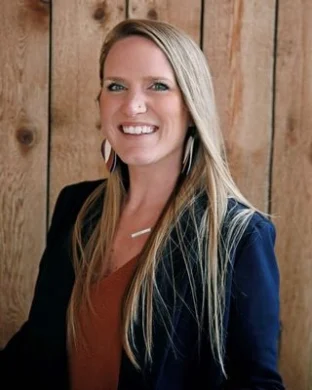
Kelsey Wendt
Kelsey Wendt is a mental health professional, providing online sessions. Services include therapy for teen & preteen (11 - 18), adults (18+), and seniors (65+). They offer therapeutic services to support mental health and personal growth. Get in touch to see how therapy can fit your goals and schedule.
Melinda Willison
Melinda Willison is a Counselor, providing both online and in-person sessions. Services include therapy for children (0 - 10), teen & preteen (11 - 18), and adults (18+). Melinda has experience working with Racial Justice Advocates, Sex Workers, and Single Mothers. Melinda is in-network with insurance providers including Aetna, Anthem, and BlueCross BlueShield. They accept Cash, Mastercard, and Visa, and may offer sliding scale payment options to help with the cost of treatment. Get in touch to see how therapy can fit your goals and schedule.
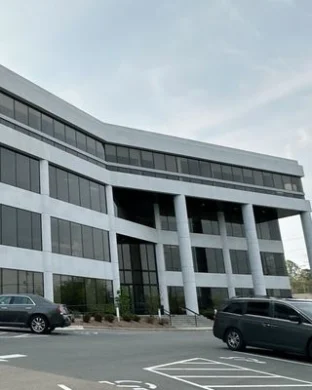
Kate Sweatt
Kate Sweatt is a Counselor, providing both online and in-person sessions. Services include therapy for children (0 - 10), teen & preteen (11 - 18), adults (18+), and seniors (65+). Sessions are available in Spanish. Kate is in-network with insurance providers including Aetna, Anthem, and BlueCross BlueShield. Get in touch to see how therapy can fit your goals and schedule.
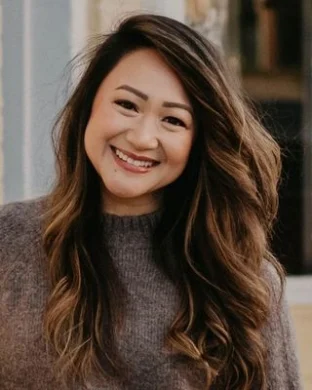
Carla Zerger
Carla Zerger is a Clinical Social Worker/therapist, providing online sessions. Services include therapy for adults (18+). Carla has experience working with Bisexual People, Gay People, Lesbians, and Single Mothers. Carla is in-network with insurance providers including Aetna, BlueCross BlueShield, and Cigna. They accept American Express, Discover, and Mastercard. Get in touch to see how therapy can fit your goals and schedule.
Joseph Rodriguez
Joseph Rodriguez is a Clinical Social Worker/therapist, providing both online and in-person sessions. Services include therapy for teen & preteen (11 - 18), adults (18+), and seniors (65+). Joseph is in-network with insurance providers including BlueCross BlueShield and MedCost. Get in touch to see how therapy can fit your goals and schedule.
Jonathan Hardin
Jonathan Hardin is a mental health professional, providing both online and in-person sessions. Services include therapy for adults (18+) and seniors (65+). Jonathan is in-network with insurance providers including Aetna, BlueCross BlueShield, and Cigna. They accept American Express, Discover, and HSA. Get in touch to see how therapy can fit your goals and schedule.
O’Neil Walker
O'Neil Walker is a Clinical Social Worker/therapist, providing both online and in-person sessions. Services include therapy for teen & preteen (11 - 18), adults (18+), and seniors (65+). O'Neil has experience working with Gay People, People Living with HIV/AIDS, Lesbians, Little People, Queer People, Racial Justice Advocates, Sex Workers, and Single Mothers. O'Neil is in-network with insurance providers including Aetna and BlueCross BlueShield. They accept Bank transfer, American Express, and Discover, and may offer sliding scale payment options to help with the cost of treatment. Get in touch to see how therapy can fit your goals and schedule.
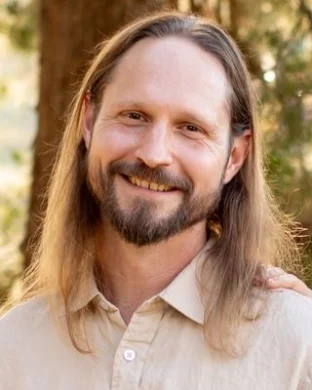
Dr. Nathan Bitecofer
Nathan Bitecofer is a Psychologist, providing both online and in-person sessions. Services include therapy for teen & preteen (11 - 18), adults (18+), and seniors (65+). Nathan has experience working with Bisexual People, People Living with HIV/AIDS, People with Immunological Disorders, Lesbians, Nonbinary People, Queer People, Racial Justice Advocates, and Transgender People. They also have experience working with Christian clients and provide faith-sensitive care while welcoming people of all backgrounds. Nathan is in-network with insurance providers including Aetna and BlueCross BlueShield. They accept Cash, Check, and Discover. Get in touch to see how therapy can fit your goals and schedule.
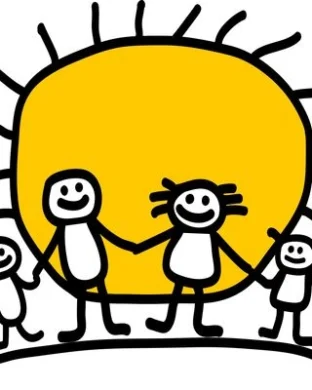
Lynn Lerner
Lynn Lerner is a Clinical Social Worker/therapist, providing both online and in-person sessions. Services include therapy for children (0 - 10), teen & preteen (11 - 18), adults (18+), and seniors (65+). Lynn is in-network with insurance providers including Aetna, BlueCross BlueShield, and Carolina Behavioral Health Alliance. They accept American Express, Discover, and HSA, and may offer sliding scale payment options to help with the cost of treatment. Get in touch to see how therapy can fit your goals and schedule.
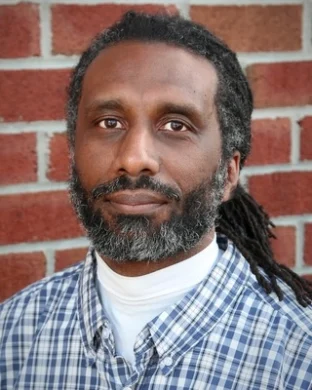
Olatunde Howard
Olatunde Howard is a Marriage And Family Therapist, providing both online and in-person sessions. Services include therapy for adults (18+). They also have experience working with Christian clients and provide faith-sensitive care while welcoming people of all backgrounds. Get in touch to see how therapy can fit your goals and schedule.
Mental Health in North Carolina
North Carolina ranks 32 out of the 50 states when it comes to its population’s mental health. This lower tier level is reflected in statistics that show 85% of adults in the state faced mental health challenges in 2024, with nearly 30% reporting that their conditions worsened throughout the year. In addition, over a third of the state’s children have experienced depression.
Legislators and the public have attempted to address this concern. According to a survey from Thrive Works, over half of adult Carolinans have claimed that they planned to see a therapist each year, but those who don’t cite financial burdens and familial stressors that have made recovery difficult.
Indeed, despite the need for psychiatric care, the annual report from North Carolina’s psychiatric hospitals show decreasing patient care from 2013 to 2022, and have instead turned to family or friends for support. While assistance from loved ones is beneficial, a snapshot of the state’s mental health system indicates a need for greater improvement to make care accessible.
Free Mental Health Resources in North Carolina
Find A Therapist By City
- Beaufort
- Belmont
- Benson
- Biltmore Forest
- Biscoe
- Black Mountain
- Boone
- Brevard
- Browns Summit
- Bryson City
- Burgaw
- Burlington
- Buxton
- Calabash
- Cameron
- Candler
- Canton
- Carolina Beach
- Carrboro
- Carthage
- Cary
- Castle Hayne
- Cedar Point
- Chapel Hill
- Charlotte
- Cherryville
- Chocowinity
- Clayton
- Clemmons
- Clinton
- Clyde
- Columbus
- Concord
- Conover
- Cornelius
- Cramerton
- Creedmoor
- Hampstead
- Hamptonville
- Harrisburg
- Havelock
- Henderson
- Hendersonville
- Hertford
- Hickory
- Hiddenite
- High Point
- Highlands
- Hillsborough
- Hoffman
- Holly Ridge
- Holly Springs
- Hope Mills
- Horse Shoe
- Hubert
- Huntersville
- Lake Junaluska
- Laurinburg
- Leicester
- Leland
- Lenoir
- Lewisville
- Lexington
- Lillington
- Lincolnton
- Littleton
- Louisburg
- Lumberton
- Manteo
- Marion
- Marshall
- Marshville
- Marvin
- Matthews
- Mebane
- Midland
- Mill Spring
- Mills River
- Mint Hill
- Mocksville
- Monroe
- Mooresville
- Morehead City
- Morganton
- Morrisville
- Mount Airy
- Mount Holly
- Moyock
- Raeford
- Raleigh
- Ramseur
- Randleman
- Red Springs
- Reidsville
- Richlands
- Rockwell
- Rocky Mount
- Rodanthe
- Roxboro
- Rural Hall
- Rutherfordton
- Salisbury
- Sanford
- Selma
- Seven Lakes
- Shallotte
- Shelby
- Sherrills Ford
- Skyland
- Smithfield
- Sneads Ferry
- Southern Pines
- Southport
- Spindale
- Spring Lake
- Spruce Pine
- Stallings
- Statesville
- Summerfield
- Supply
- Surf City
- Swannanoa
- Swansboro
- Sylva